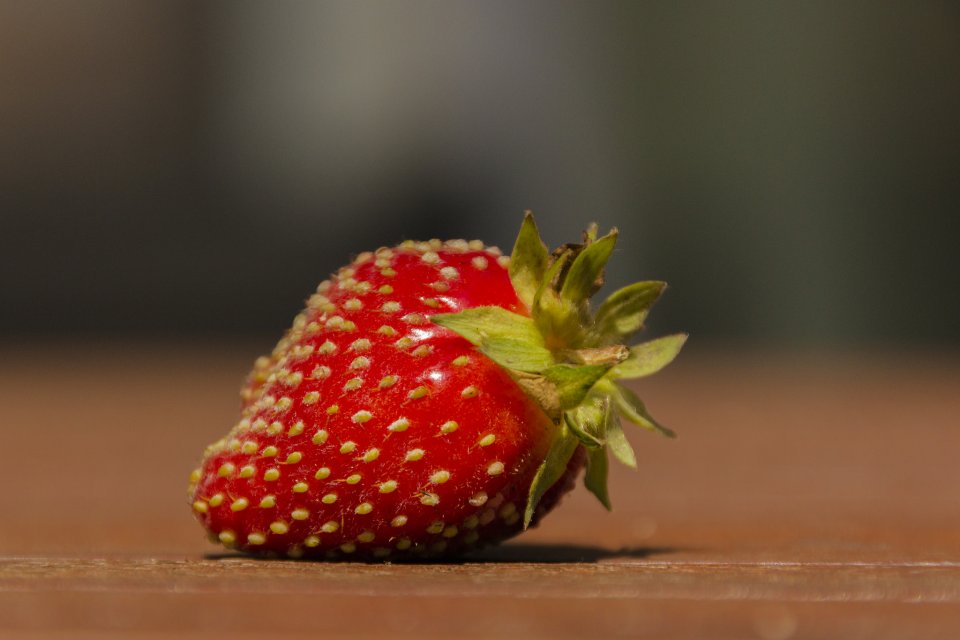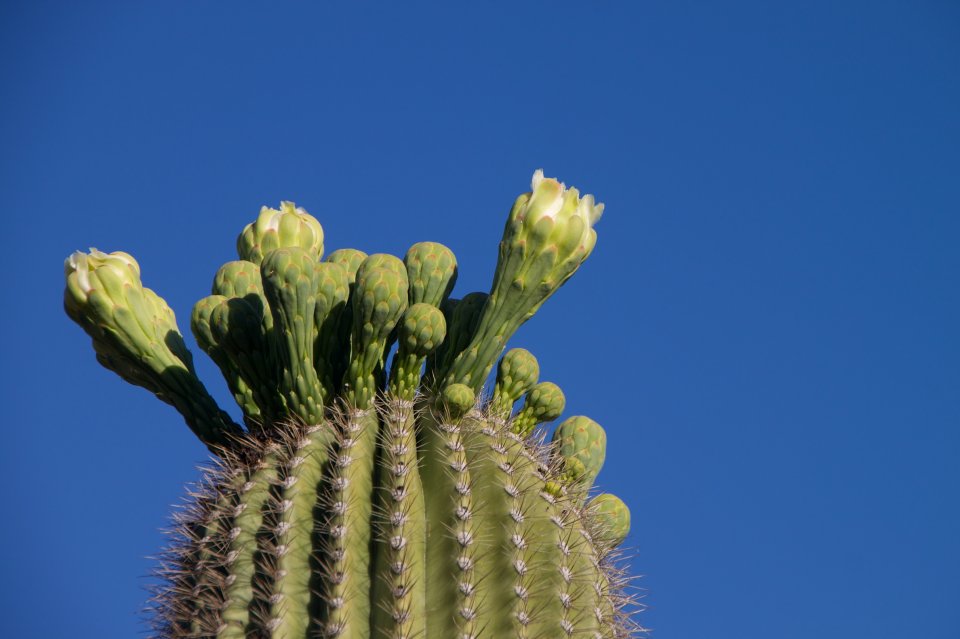At Oxford University, one of the most prestigious educational institutions in the world, admission interview questions often move past the norm.
“Interviews are not about reciting what you already know – they are designed to give candidates a chance to show their real ability and potential, which means candidates will be encouraged to use their knowledge and apply their thinking to new problems in ways that will both challenge them and allow them to shine,” Samina Khan, director of undergraduate admissions said in statement, following the release of a new set of questions.
In answering the questions, it’s not about what’s “right”, Khan explains, but “responding to new ideas.” There are loads of example questions — many of them straight-lined — but we selected some of the wackier ones for you to test your smarts. Remember, there’s no perfect response.
Question: Is it easier for organisms to live in the sea or on land?
Subject: Biological Sciences

Q: What makes a short story different from a novel?
Subject: Modern Languages

Q: Imagine we had no records about the past at all, except everything to do with sport – how much of the past could we find out about?
Subject: History

Q: Why do human beings have two eyes?
Subject: Experimental Psychology

Q: Should poetry be difficult to understand?
Subject: Modern Languages

Q: Is violence always political? Does ‘political’ mean something different in different contexts?
Subject: History

Q: Ladybirds are red. So are strawberries. Why?
Subject: Biological Sciences

Q: If the punishment for parking on double yellow lines were death, and therefore nobody did it, would that be a just and effective law?
Subject: Law

Q: Why do you think an English student might be interested in the fact that Coronation Street has been running for 50 years?
Subject: English Literature

Q: What is ‘normal’ for humans?
Subject: Psychology

Q: Would it matter if tigers became extinct?
Subject: Biological Sciences

Q: If you could invent a new musical instrument, what kind of sound would it make?
Subject: Music

Q: Here’s a cactus. Tell me about it.
Subject: Biological Sciences
